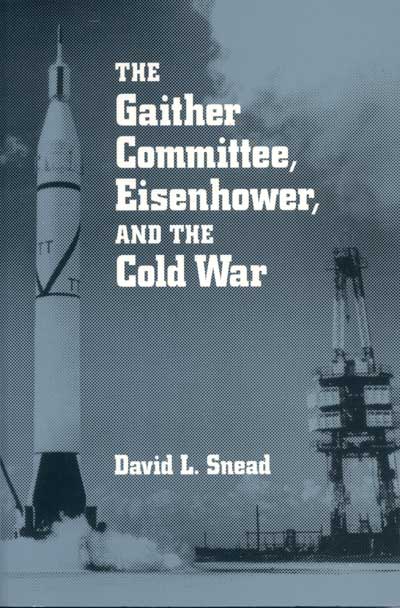The Gaither Committee, Eisenhower, and the Cold WarDavid L. Snead |
 12/1/1998 242 pp. 6x9  $24.95 paper 978-0-8142-5005-1 Add paper to shopping cart Shopping Cart Instructions Review/Change Shopping Cart & Check-out | |||
|
|
As the United States struggled to respond to the Soviet Union’s launch of Sputnik in 1957, President Eisenhower received a top secret report prepared by a committee of leading scientific, business, and military experts. The panel, called the Gaither Committee in recognition of its first chair, H. Rowan Gaither Jr., emphasized the inadequacy of U.S. defense measures designed to protect the civilian population and the vulnerability of the country’s strategic nuclear forces in the event of a Soviet attack. The committee concluded that in the event of a surprise Soviet attack, the United States would not be able to defend itself. The years following Sputnik and the Gaither Committee’s report were a watershed period in America’s cold war history. During the remaining years of the Eisenhower administration, the intensification of the cold war caused the acceleration of an arms race that dramatically raised the stakes of any potential conflict. The Gaither Committee was at the center of debates about U.S. national security and U.S.-Soviet relations. The committee’s recommendations led to increases in defense spending and the development of our nuclear arsenal. The Gaither Committee, Eisenhower, and the Cold War is the first book to examine the role of the Gaither Committee in detail, and David L. Snead argues that it provided the American government with a blueprint for waging the cold war. David L. Snead is a visiting assistant professor of history at the University of Richmond and at Randolph Macon College. | |||

